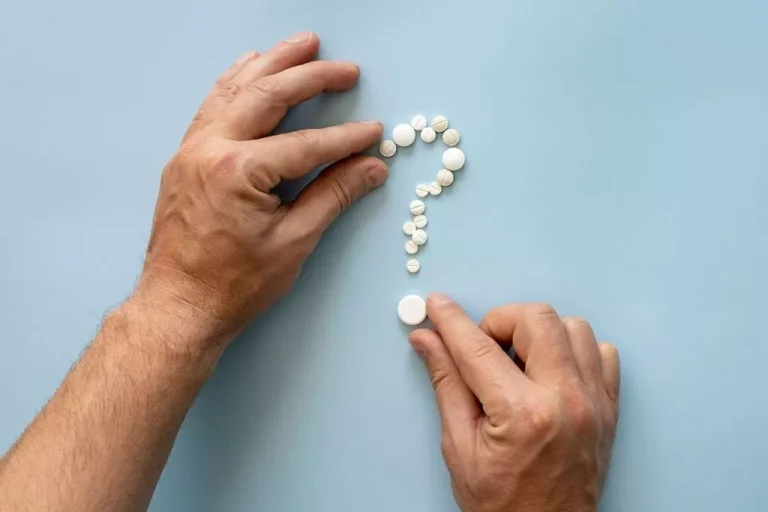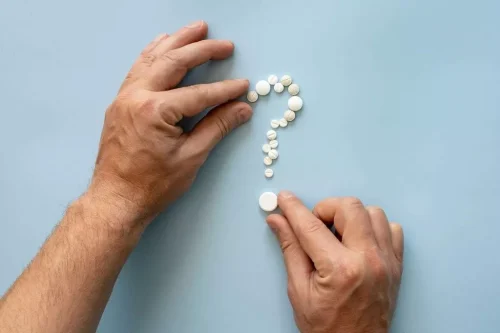
You can become dehydrated if you don’t drink enough water in between drinks. While dehydration doesn’t make you drunk, it can intensify the effects of alcohol. If the lower esophageal sphincter is closed for digestion, it slows down the absorption of alcohol.
What affects the rate that alcohol is processed?
- The amount of time any alcohol can be detected in your system depends on the type of test, as shown in the following table.
- Around 2-8% of the alcohol is expelled through sweat, urine, or your breath.
- There are various treatment options for people with alcohol use disorder.
- BACtrack View is an app-based alcohol monitoring service powered by BACtrack, the leader in breathalyzers.
On average, a healthy human liver can process one standard drink per hour. However, this can vary dramatically based on factors like age, weight, gender, and overall health. While 92-98% of alcohol is metabolized in the liver, the remaining 2-8% leaves the body through urine, sweat and breath.

Seek Support

Before going into further details of how long alcohol stays in your system, and for how long it can be detected , it’s first worth recalling just what happens inside your body when you drink. People will generally experience the effects of a drink within 15 to 45 minutes. Alcohol is then broken down predominantly in the liver through the actions of an enzyme called alcohol dehydrogenase. Like many other drugs, alcohol can be detected with a hair follicle drug test for up to 90 days. Early intervention can make a dramatic difference in preventing the severe outcomes of alcohol abuse. Professional treatment programs, self-help groups, and medical support are critical resources for individuals struggling with alcohol.
Frequently Asked Questions About Alcohol Detection Time
The EtG test can detect this alcohol metabolite for 3 to 5 days after consuming alcohol but does not accurately indicate if someone is currently intoxicated. The half-life of ethanol is about 4 to 5 hours, which means it takes that long to eliminate half of the alcohol ingested from the bloodstream. For most people, alcohol is absorbed Sober living house into the system more rapidly than it is metabolized. You can start to feel the effects of alcohol in a matter of minutes. When ingested, alcohol is rapidly absorbed from the stomach and small intestine into your bloodstream before it travels to the central nervous system (brain and spinal cord).
Once consumed, alcohol is quickly absorbed into the bloodstream, which does the job of transporting it throughout the body. While the stomach breaks down some of the alcohol, the bulk of metabolism or processing alcohol occurs in the liver, which produces enzymes that break up the alcohol molecules. If you’ve been drinking heavily and/or regularly, suddenly stopping or cutting back on alcohol can cause physical and psychological symptoms of withdrawal.
- Remember that alcohol stays in your system for a few hours, even if your mind feels clear.
- Do you feel like your body could handle alcohol easier when you were younger?
- As you have probably learned, alcohol can stay in your system for longer than you might think.
How alcohol is metabolized by body
Saliva, urine, and hair follicle tests can detect alcohol well past 24 hours. Alcohol detection how long does alcohol stay in your system tests can detect alcohol in your body for up to 6 hours after your last drink, while breath, saliva and urine tests can detect alcohol 12 to 24 hours after use. It can be detected up to 90 days after consumption in hair follicles. When someone drinks alcohol, the vast majority is broken down by the liver, and a tiny amount is expelled through breath and sweat. Alcohol will usually show up in a person’s urine within an hour of drinking, and it usually remains detectable for up to 12 hours.

These in-person or online groups can help you feel supported and less alone as you navigate recovery. The following table shows the length of time it takes for your body to eliminate alcohol at varying BAC levels. Food consumption, individual tolerance, and the type of alcoholic beverage consumed also influence how quickly you feel alcohol’s effects.
- The presence of food in the stomach slows the absorption of alcohol into your system and delays the raising of your blood alcohol concentration.
- Your liver doesn’t register a glass of wine any differently from a mixed cocktail—it only processes alcohol.
- When 5% of the alcohol reaches your kidneys, they’ll immediately start expelling alcohol through urine.
- Whether or not someone has consumed alcohol recently can be determined with a variety of lab tests such as tests on breath, saliva, urine, hair or blood.
- Food consumption, individual tolerance, and the type of alcoholic beverage consumed also influence how quickly you feel alcohol’s effects.
Evidence Based

Our 110-bed facility is located near Colorado Springs, with breathtaking vistas and scenic views. We are one of several facilities in The Recovery Village network and are also a member of the National Association of Addiction Treatment Providers (NAATP). If you or someone you love is struggling with alcohol addiction, we can help.

How long does alcohol show up on a drug test?
When people are stressed or tired, alcohol has a stronger impact than usual. Anxiety causes your body to divert blood from your stomach and into your muscles, slowing absorption. When you relax and your blood begins to flow properly again, your BAC may rise. Alcohol mixed with carbonated beverages such as Coca-Cola or tonic water will be absorbed more quickly into the bloodstream. A faster metabolism can help keep your BAC level lower, while a slower one will increase your BAC level.